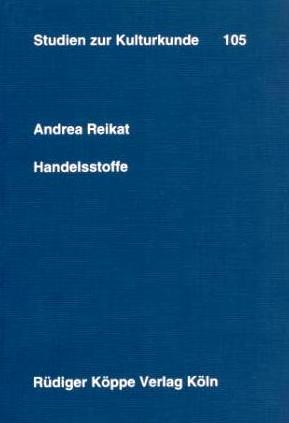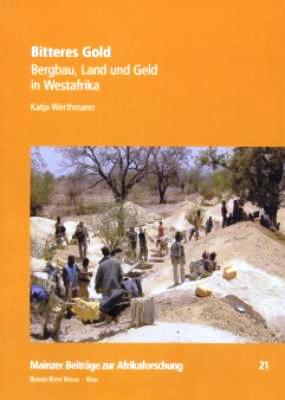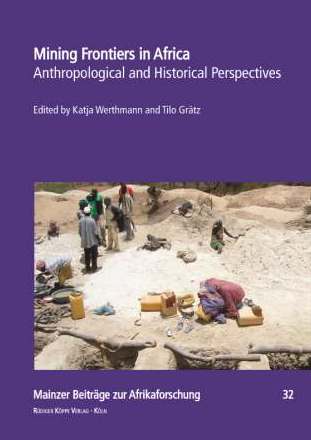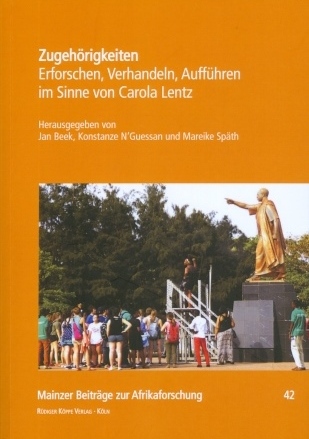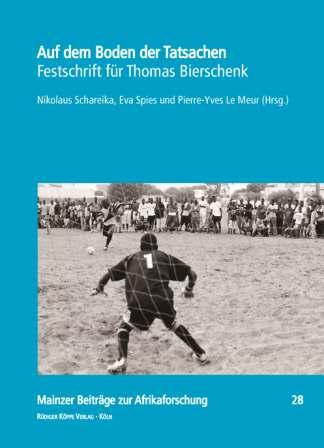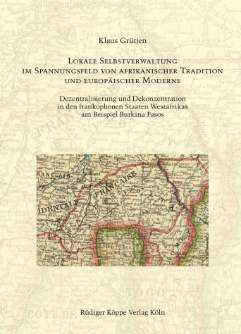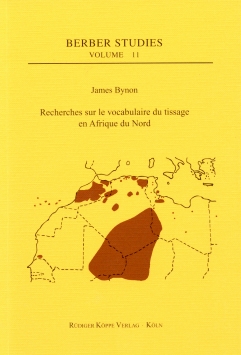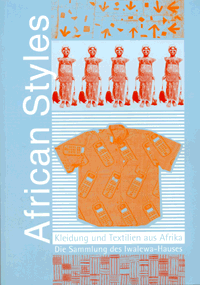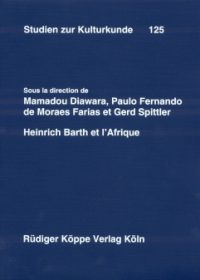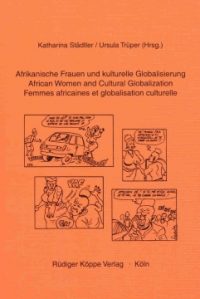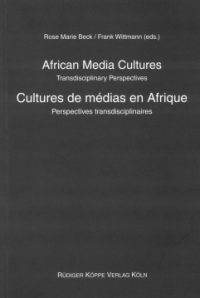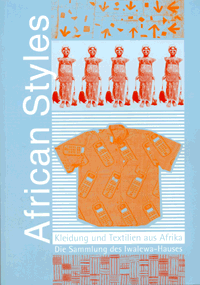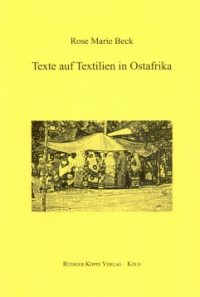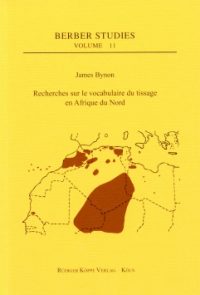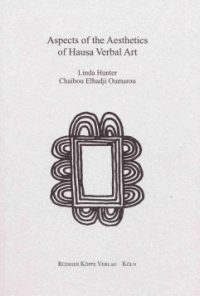1997
271 pp.
1 facsimile reproduction, 6 diagrams, numerous tables, glossary
Text language: German
Hitherto, studies on pre-colonial economical relations between Europe and West Africa have mainly focused on its most spectacular part, the exportation of slaves, while other aspects have been neglected. Only seldom has the question of those goods that came to West Africa in exchange for slaves been raised. Thus, by disregarding the reciprocity of the economic relations, the West African interest in the exchange of goods has been neglected. Half of the European goods shipped to Africa were textiles, thus forming the most important group of goods on this side of the transatlantic trade.
The present monograph gives an account of what sorts of textiles were sold at the various points on the West African coast and how supply and demand changed from 16th century to the end of 18th century. The successive commercial activities of the Portuguese, Dutch and English in West Africa are contrasted, and taking the textile trade as an example more general aspects of the European trade with Africa are illustrated.
This account is incorporated in a comparative study of the economic situation of both Europe and West Africa before and after the slave trade. Thus, the (pre-colonial) textile industries of Africa and Europe are contrasted, the last of which is viewed in light of the development of the European global trade in early modern times.
Finally, these interchanging relations are discussed under the aspects of their incorporation in the world trade and the results for the respective region. A detailed glossary giving the names and descriptions of European, African and Indian textiles is attached to the study.
Andrea Reikat, after publishing her PhD dissertation, finished her habilitation thesis at Goethe University, Frankfurt/Main, in 2003. Her publications focus on transatlantic slave trade, traditional political systems and history of Burkina Faso. At the moment she works for the German Society for International Collaboration (GIZ).
Under these links you will find further studies on production and use of fabrics in Africa, f.i. as clothes for peoples and as an expression of texts and meaning:

